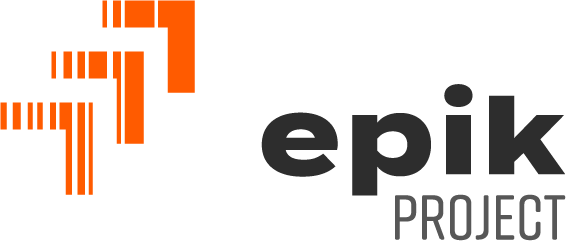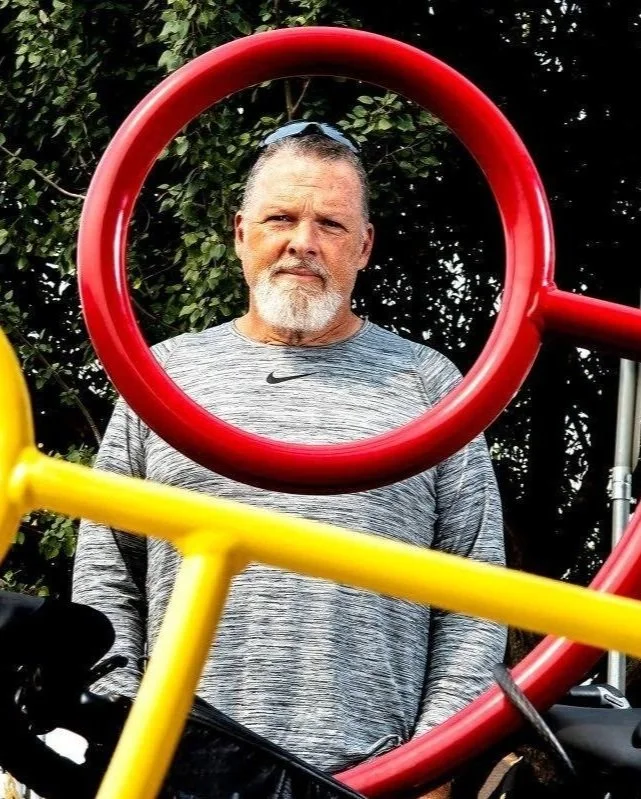Welcome to the Masculine Wilderness
In the late summer of 2020, I rode my bicycle unassisted for 1,000 miles to raise money for the ongoing work at Epik Project to confront the root causes of sexual exploitation and trafficking. We called the fundraiser, The Hard Road Challenge because while I thrive on physical activities, this was definitely going to be a challenge. I was about to turn 60 years old after all!
The 1,000-mile one-way trip from Washington to Montana lasted 14 days and while I knew the physical parts of the journey would be difficult something else happened that surprised me… I had hour upon hour to myself and my thoughts. In addition to the physical adversities of the journey, I also unexpectedly had to contend with all that thinking time.
Ironically, while pedaling through the wilderness, my thoughts often drifted to the masculine wilderness where we currently find ourselves. In what feels like a bewildering landscape of ideas, trends, crises, and conundrums, figuring out how to be a healthy man today is uniquely confusing, and all of us are dredging along what often feels like a poorly lit path. This perplexing journey is especially pronounced for me because many of the issues related to modern masculinity are the same issues fueling human trafficking and exploitation, something I am confronted with every day in this work.
Every day, our news feeds are filled with the worst expressions of masculinity. I often see story after story of celebrities, politicians, sports stars, and everyday men sharing a propensity toward misogynistic attitudes. Some of them even cross the line into harassment or assault of women.
We’ve spent considerable time with people on the receiving end of those same attitudes and behaviors. These people have shared extensively with us about the damage done by this particular kind of masculinity. The trauma and lasting wounds are truly heartbreaking…and sobering.
As I pedaled, I asked myself, how can men navigate a landscape that on the one hand fans the flames of the #metoo movement, while on the other hand celebrates violent and misogynistic influencers like Andrew Tate?
I contemplated how I’d seen men respond to this question. Some guys avoid tackling these topics outside of their small circle of like-minded buddies. Others feel collective shame and guilt for the damage men have brought to the world, even if that shame is misplaced. Still, others respond by doubling down on the worst and most misogynistic language, symbols, and attitudes you can imagine.
“At Epik Project, we’ve spent the last decade standing face-to-face with this toxic masculinity and the men perpetuating it.”
Unfortunately, confronting those attitudes is just a by-product of working in the anti-human trafficking realm; a violent, abusive, and harmful ecosystem that impacts everyone touched by it.
One of the most common experiences for the men I’ve worked with at Epik in the face of the pain and suffering we’ve seen in this movement is to find the bad guy. In the face of adversity, it is customary to lash out against the perceived cause, or at least look for someone to blame, a “bad guy”. We often proclaim that whoever this “bad guy” is, he must be exposed and punished for his evil! But is it that simple?
The Russian dissident philosopher Aleksandr Solzhenitsyn once posed the question this way:
“If only it were all so simple! If only there were evil people somewhere insidiously committing evil deeds, and it was necessary only to separate them from the rest of us and destroy them. But the line dividing good and evil cuts through the heart of every human being. And who is willing to destroy a piece of his own heart?”
After working for over a decade in anti-human trafficking, these words haunt me for many reasons. And as I traveled mile after mile, day after day on two wheels I started to wonder, what if it's not as simple as good guys and bad guys? What if the same culture that made sex buyers and other men who perpetuate all manner of gendered violence has made the rest of us too?
A wilderness is described as “an empty or pathless area or region; a bewildering situation” and it feels like that when you look at where men find themselves these days. It certainly feels bewildering to ask the question, “How can I be a better version of myself as a man?”
On my bicycle ride, I traveled across one of the largest wilderness areas in North America. What got me through was a combination of training, community, the right tools, and mental grit. These things are also the inspiration for this blog. In the coming months, our goal is to provide training (in the form of a thoughtful analysis of the broader cultural forces that influence men). We want you to experience the broader community of voices that have inspired and challenged us during the past 10 years. We will examine practical perspectives (tools) you can use to navigate this world as life-giving men and share grit-filled stories that will inspire and challenge.
My journey in 2020 took me across the same region traversed by the Lewis and Clark Expedition. It’s fair to debate the merits of this effort from a cultural and historical perspective. Still, for the men who stood on the muddy banks of the Missouri River near St Louis in 1803, the journey was full of risk, adventure, and community. As they pushed off and began paddling upstream, Lewis wrote these words: ”I could but esteem this moment of my departure as among the happiest of my life.” When I think about the men I started this journey with and the ones I’ve met along the way, not to mention the women who’ve led me (not unlike Sacajewa led the Corps of Discovery) I kind of feel like Lewis did.

